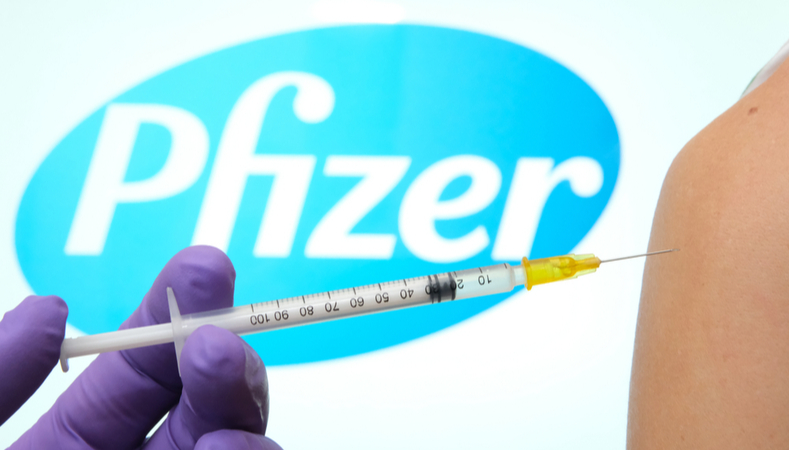Britain Identifies Allergic Reaction To Pfizer Covid-19 Vaccine

Pfizer-BioNTech Covid-19 vaccine may not be advisable for those with history of anaphylaxis to a medicine or food, confirms the British medicine regulator. While all vaccine does come with some kind of side effects, but this particular vaccine might lead to allergic reactions.
It has now been confirmed that those with a history of severe adverse allergic reactions to vaccines and/or ingredients of such candidates were actually excluded from their late stage trials. This is also reflected in the MHRA’s emergency approval protocol. Therefore a general warning to those which such condition is to avoid being vaccinated.
This only means that there is still going to be room for more advance research and the vaccine would have to go through another stage of evolution to take care of those with adverse reaction to vaccines. Along with Britain, now Canada has also given approval for the dissemination of the Pfizer- BioNtech Covid-19 vaccine. It has been one of the few countries that burnt itself bad trusting China with clinical trial support landing up with nothing.
Read more : Trump refused offer to secure more of Pfizer vaccine
According to experts, the reaction to the vaccine is more prominent in the one developed by Pfizer. The allergic reactions may have been caused by a component of Pfizer’s vaccine called polyethylene glycol, or PEG, which helps stabilise the shot and is not in other types of vaccines.The British MHRA had initially advised anyone with a history of a “significant allergic reaction” not to take the shot. At the moment, Pfizer and BioNTech have both said that they are supporting MHRA’s investigation. Currently, only two cases of adverse reactions have been reported in Britain.
According to the UN’s listed Vaccine Safety Basics listed online, a vaccine’s reaction is an individual’s response to the inherent properties of the vaccine. So, even when the vaccine has been prepared, handled and administered correctly, it is sometimes hard to say how a person’s immune system accepts the vaccine. This is the reason mass clinical testing is done before a vaccine can be officially administered. Vaccine reactions comprise vaccine product-related reactions and vaccine quality defect-related reactions too.




